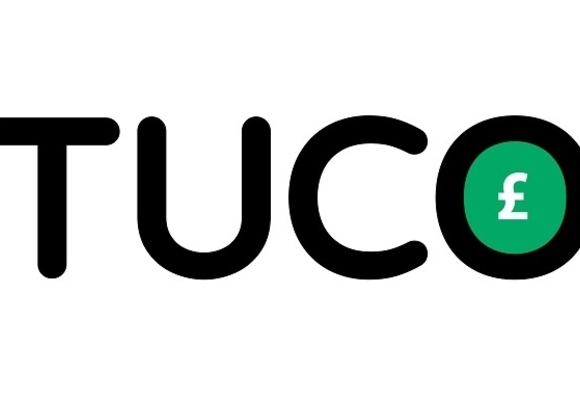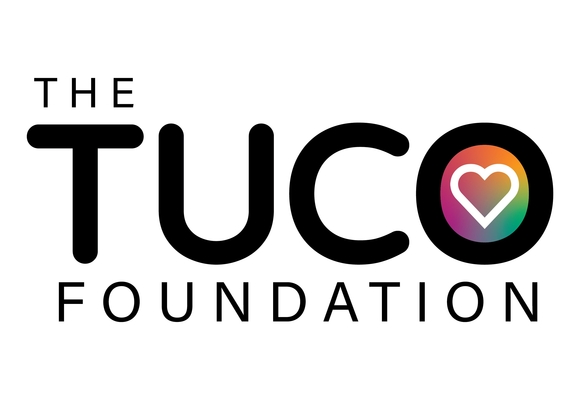Principle 1: Be transparent about sourcing and preparation. Provide customers with abundant information about food production methods, sourcing strategies, calorie and nutrient values, labour practices, animal welfare and environmental impact.
Principle one is the bedrock of your application of Menus of Change – being open to customers on how you operate. It can be argued that for UK universities, anything that is subject to Freedom of Information should be freely available about your operation. Considering how to publish free access information on your website is a quick and easy way to address transparency – we caveat this information is for non-commercial use only. It is very much about what you are doing rather than what you aren’t doing.
Take explaining how you cook items, for example. At Reading, we have a tongue-in-cheek FAQ about not having any boiling cauldrons and highlighting that we predominantly steam – here, we openly offer students the opportunity to look around the kitchens. Calories and nutrient values are very tied to food production methods, so we have opted to publish the full ‘back of the packet’ information on every dish. It has been a big winner with students as it helps those avoiding certain ingredients.
Transparency around sourcing strategies is tougher than it seems, as it means explaining where everything you use comes from, minimum standards (for example, MSC, LEAF) for commodity groups and shouting about the good work you do in this area.
I believe it is a sign of strength to let customers know what you are working on improving and highlight where conflicts exist – such as between UK Sugarbeet and Fairtrade Sugar. Animal welfare would be covered here too and again, it is perfectly OK to say you are working to improve.
On the back of sourcing, publishing data on the carbon intensity of your food is a simple figure to show your environmental impact around food. The Menus of Change Universities Research Collaborative members use this as their metric to reduce CO2 emissions from their members by 25% by 2030. At Reading, we are currently on 8.8kg CO2/kg food; we don’t currently widely publish this as we work on improving the accuracy of the base data. It’s a simple number with a lot of data behind it – essentially purchases versus meals served.
Aside from food, having a commitment to moving any gas appliances to electric makes good commercial sense from both an environmental and financial standpoint.
Labour practices are an area that most UK universities will be doing well on, so shout about it. Things to think about are zero-hours contracts and similar for non-student staff and the Living Wage.
Menus of Change is an amazing scheme, as every university has the freedom to apply the principles differently, and a wealth of ideas, approaches and understanding can be found across the universities that actively follow it. TUCO’s landing page for Menus of Change, the Academy’s Study Tour and the Sustainability Group are all good pages to seek advice and ideas.
Further afield, our colleagues in the US have been following the principles for many years and are a good source of inspiration. We joined NACUFS, a member-owned group like TUCO based in the US where Menus of Change was conceived, to help with this through their toolkits, forums and events. This costs around £500 per year, depending on your university’s size.






